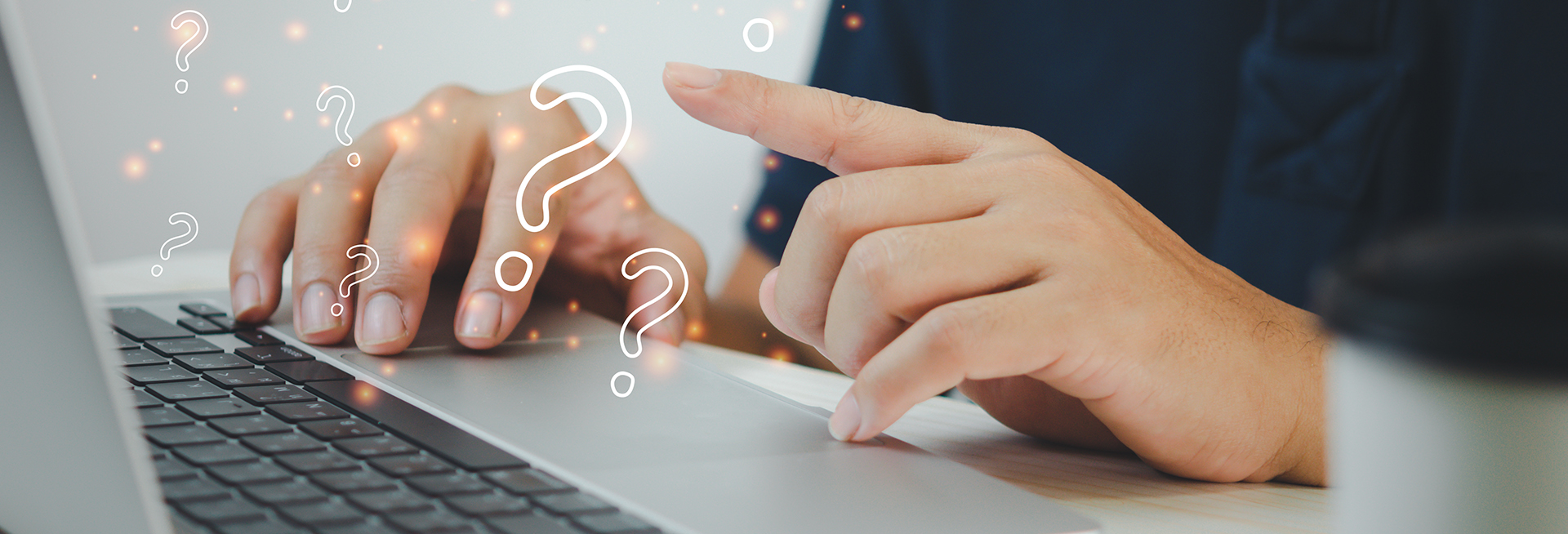The great explorer of the truth, the master-builder of human happiness no one rejects dislikes avoids pleasure itself because it is pleasure but because know who do not those how to pursue pleasures rationally encounter consequences that are extremely painful desires to obtain.
Read MoreQuestion & Answer
Check our FAQs for quick answers to frequently asked questions we receive.
If you have other questions, contact us.
- Is my personal data safe and secure?
-
We hold the security of customer's personal data at highest priority, and treats all information it receives with utmost respect and confidentiality. All data we obtain are fully protected using the highest level possible of encryption at every step of the review process.
- Who has access to my account?
-
A primary account holder refers to the main user of an account. The primary account holder is legally responsible for the account and can also name authorized users.
- How to fund the account?
-
There are two easy ways to fund your account:
Bank Transfer
You can transfer a maximum of $10,000 or currency equivalent per transaction, and funds will typically be available immediately for trading. The minimum transaction for bank transfers is $100 per transaction. We accept USD, no fee for bank transfers.
Debit Card
Debit cards must be verified before use. You can deposit a maximum of $10,000 (or currency equivalent) per transaction, and funds will typically be available immediately for trading. The minimum transaction for bank transfers is $100 per transaction. We accept Visa and MasterCard in USD, GBP and EUR. However, please be aware that all debit card transactions are automatically converted to USD.
- What is spread?
-
Forex brokers will quote two different prices for a currency pair: the bid and ask price. The “bid” is the price at which you can SELL the base currency. The “ask” is the price at which you can BUY the base currency. The difference between these two prices is known as the spread.
- What is margin?
-
Margin is essentially collateral for a position. If the market moves against a customer's position, additional funds will be requested through a "margin call." If there are insufficient available funds, immediately the customer's open positions will be closed out.
- What is leverage?
-
Leverage is an investment strategy of using borrowed money—specifically, the use of various financial instruments or borrowed capital—to increase the potential return of an investment.
- What is a swap?
-
A swap is a derivative contract through which two parties exchange the cash flows or liabilities from two different financial instruments. Most swaps involve cash flows based on a notional principal amount such as a loan or bond, although the instrument can be almost anything.
- What is a lot?
-
A lot in the financial markets is the number of units of a financial instrument bought on an exchange. The number of units is determined by the lot of size. For example, in the stock market, a round lot is 100 shares. However, investors do not have to buy round lots, where a lot can be any number of shares.
- What is a pip?
-
Pip is an acronym for "percentage in point" or" price interest point." A pip is the smallest price move that an exchange rate can make, based on forex market convention. Most currency pairs are priced out to four decimal places, and the pip change is the last (fourth) decimal point. A pip is thus equivalent to 1/100 of 1% or one basis point.
- What is volatility?
-
Volatility is a statistical measure of the dispersion of returns for a given security or market index. In most cases, the higher the volatility, the riskier the security. Volatility is often measured as either the standard deviation or variance between returns from that same security or market index.

For More Information, Contact Artis Finance Support
Get In Touch
[email protected] & ------------







